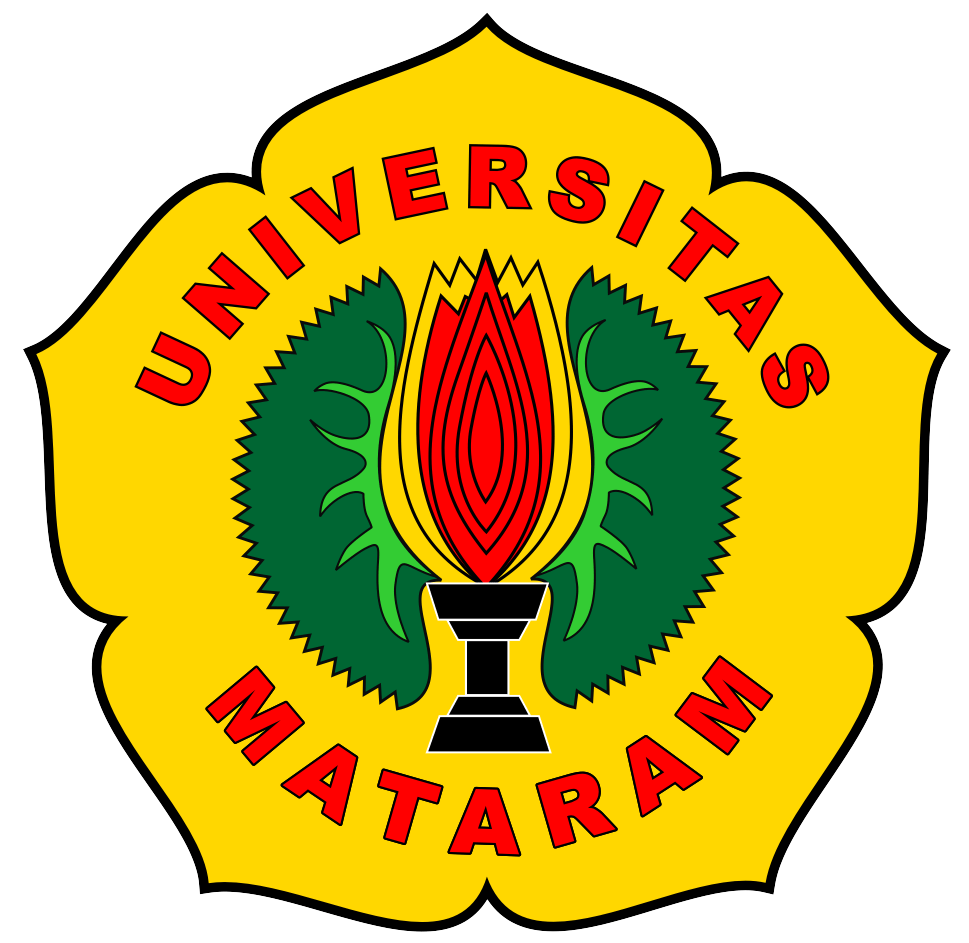POTENSI OMEGA-3 BULU BABI (SEA URCHIN) DALAM KONTROL PROGRESIVITAS DEMENSIA ALZHEIMER
DOI:
https://doi.org/10.29303/jk.v11i4.4751Keywords:
bulu babi, DHA, omega-3, demensiaAbstract
Dengan semakin tingginya prevalensi demensia Alzheimer dan kurang efektifnya obat-obat yang ada saat ini dalam menghambat progresivitas penyakit tersebut, maka upaya investigasi kandidat obat baru akan terus berlanjut. Asam lemak omega-3, terutama docosahexaenoic acid (DHA), merupakan senyawa yang dapat dijadikan kandidat obat untuk tujuan tersebut. Berbagai bukti ilmiah, baik dari studi epidemiologik maupun uji preklinik pada hewan coba menunjukkan potensi senyawa tersebut dalam mempertahankan fungsi kognitif dan menghambat progresivitas
penyakit demensia Alzheimer melalui berbagai mekanisme, antara lain antiinflamasi, anti-amiloidogenik, dan neuroplastisitas otak. Senyawa tersebut terkandung pada berbagai organisme laut, termasuk pada bulu babi (sea urchin). Mengingat ketersediaan biota laut ini sangat luas di pesisir pantai dan kemampuannya dalam biosintesis asam lemak omega-3, maka biota laut ini dapat dipertimbangkan sebagai sumber utama omega-3 dalam pengembangan omega- 3 sebagai obat untuk proteksi fungsi kognitif pada penyakit demensia Alzheimer.
Downloads
Published
Issue
Section
License
Authors who publish with Unram Medical Journal, agree to the following terms:
- Authors retain copyright and grant the journal right of first publication with the work simultaneously licensed under a Creative Commons Attribution 4.0 International License (CC-BY License). This license allows authors to use all articles, data sets, graphics, and appendices in data mining applications, search engines, websites, blogs, and other platforms by providing an appropriate reference. The journal allows the author(s) to hold the copyright without restrictions and will retain publishing rights without restrictions.
- Authors are able to enter into separate, additional contractual arrangements for the non-exclusive distribution of the journal's published version of the work (e.g., post it to an institutional repository or publish it in a book), with an acknowledgment of its initial publication in University of Mataram's Journal of Medicine.
- Authors are permitted and encouraged to post their work online (e.g., in institutional repositories or on their website) prior to and during the submission process, as it can lead to productive exchanges, as well as earlier and greater citation of published work (See The Effect of Open Access).
- This journal is open access journal which means that all content is freely available without charge to users or / institution. Users are allowed to read, download, copy, distribute, print, search, or link to full text articles in this journal without asking prior permission from the publisher or author.






